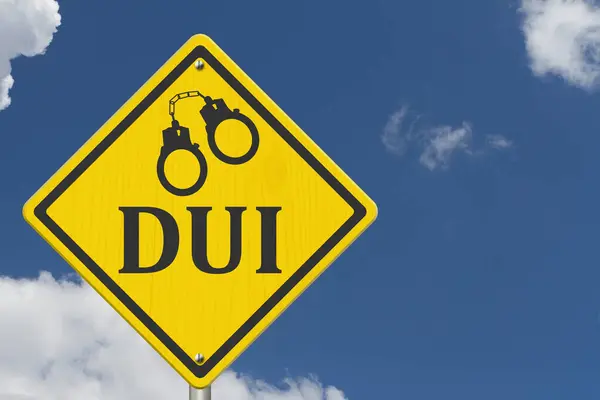Understanding DUI Diversion Programs
DUI diversion programs offer an alternative to traditional sentencing for individuals charged with driving under the influence. These programs are designed to provide education and rehabilitation rather than punishment, allowing offenders to avoid a criminal conviction upon successful completion.
In Texas, participants in DUI diversion programs typically undergo counseling, community service, and educational classes about the dangers of drunk driving. Successful completion can lead to charges being dismissed, which can significantly impact a person's future, including their employment opportunities and driving privileges.
Eligibility Criteria for DUI Diversion in Texas
To qualify for a DUI diversion program in Texas, certain eligibility criteria must be met. Generally, first-time offenders with no prior criminal history are more likely to be accepted into these programs, as they demonstrate a lower risk of reoffending.
Additionally, the specifics of each program may vary by jurisdiction, and factors such as blood alcohol content (BAC) at the time of arrest, involvement in an accident, or any previous DUI charges can influence eligibility. Consulting with a knowledgeable DUI attorney can help individuals navigate these criteria effectively.
Potential Benefits of Participating in a DUI Diversion Program
Participating in a DUI diversion program can provide numerous benefits for offenders. The primary advantage is the opportunity to avoid a criminal record, which can have lasting implications on personal and professional life.
Moreover, these programs often include educational components that can lead to a better understanding of the consequences of impaired driving. This proactive approach not only aids in personal growth but also contributes to safer roads by addressing the root causes of DUI offenses.
Steps to Take After Being Charged with a DUI
After receiving a DUI charge, it is crucial to take immediate action to protect your rights and future. The first step is to seek legal representation from an experienced DUI attorney who can guide you through the legal process and help formulate a defense strategy.
Additionally, individuals should familiarize themselves with the legal implications of their charge, including potential penalties and the option to enter a diversion program. Taking proactive steps, such as enrolling in educational programs or counseling, can also demonstrate to the court a commitment to change and responsibility.

